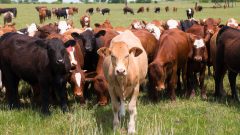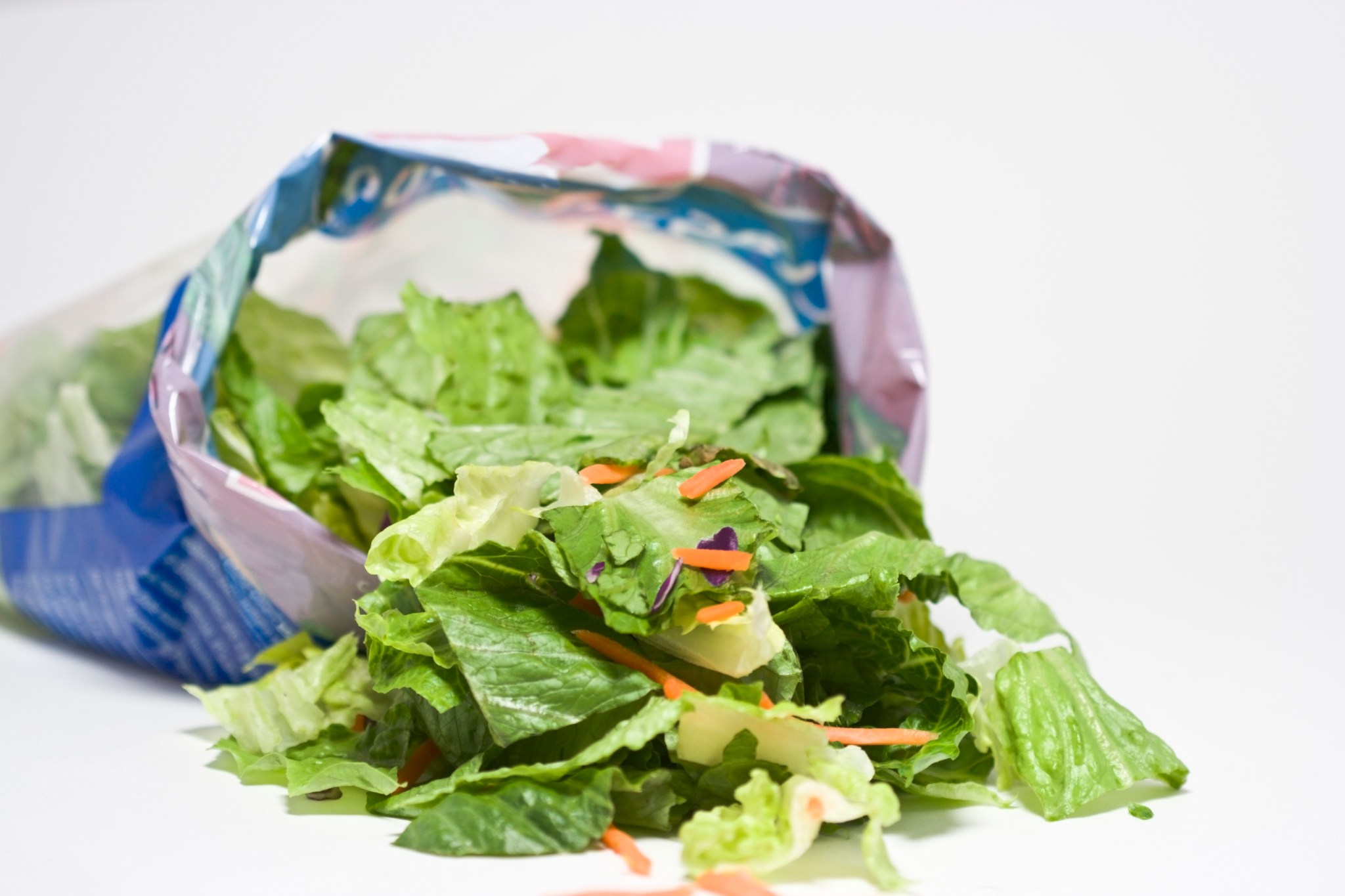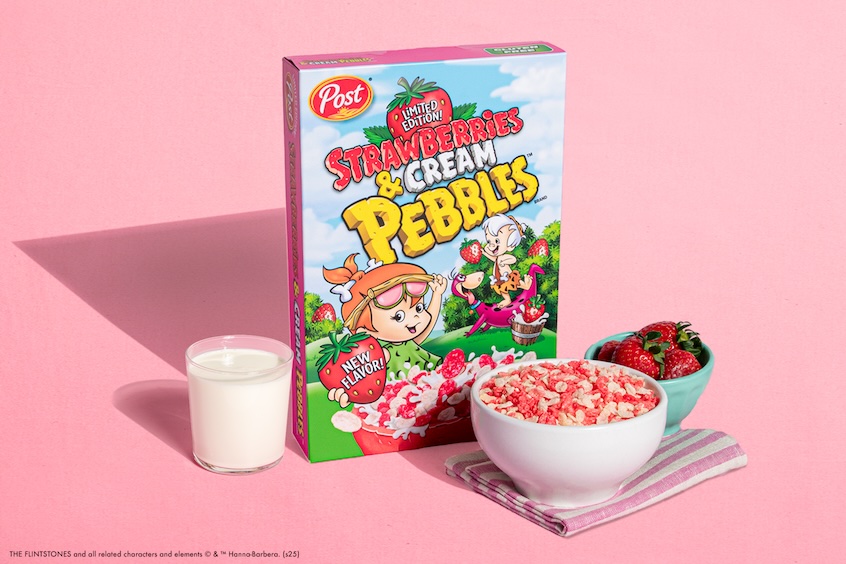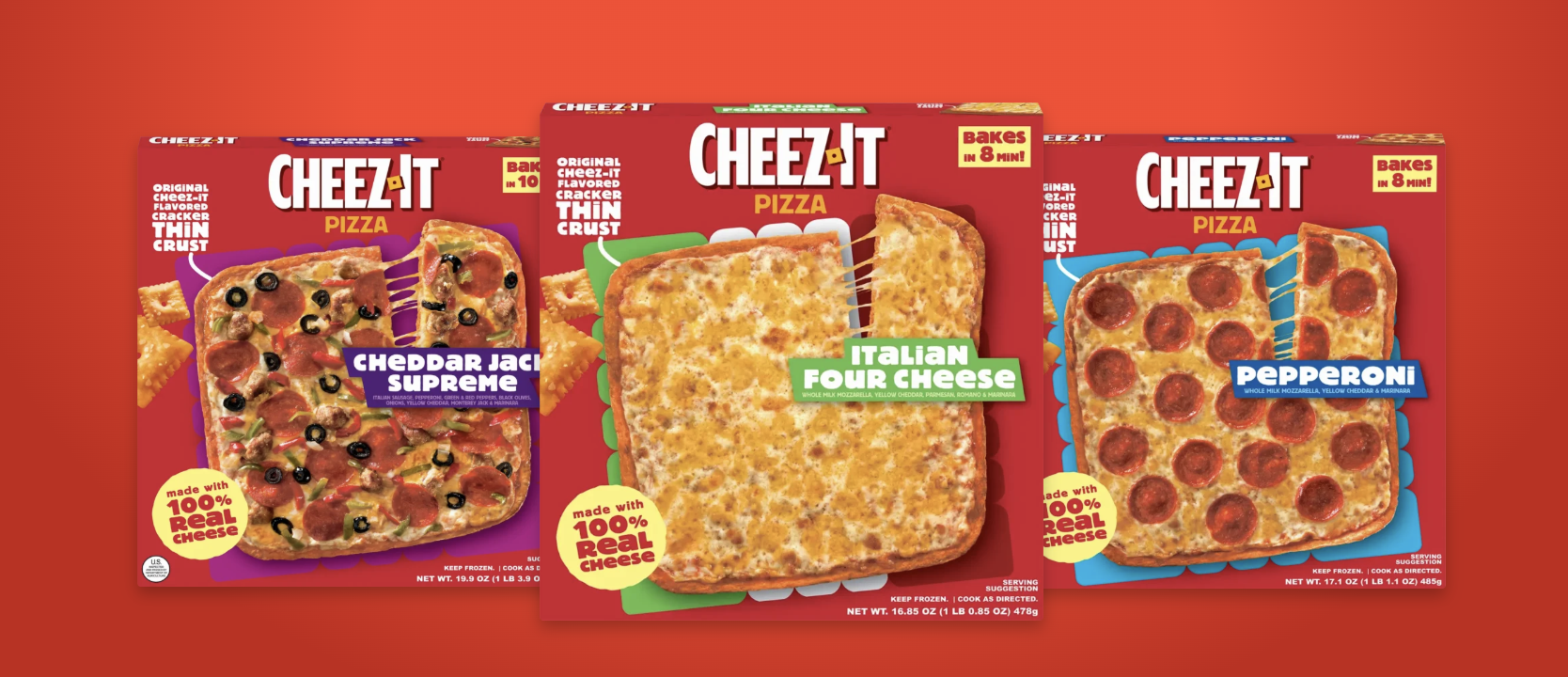Whole Foods Surprisingly Sources Meat From Tyson And Perdue, Here’s Why
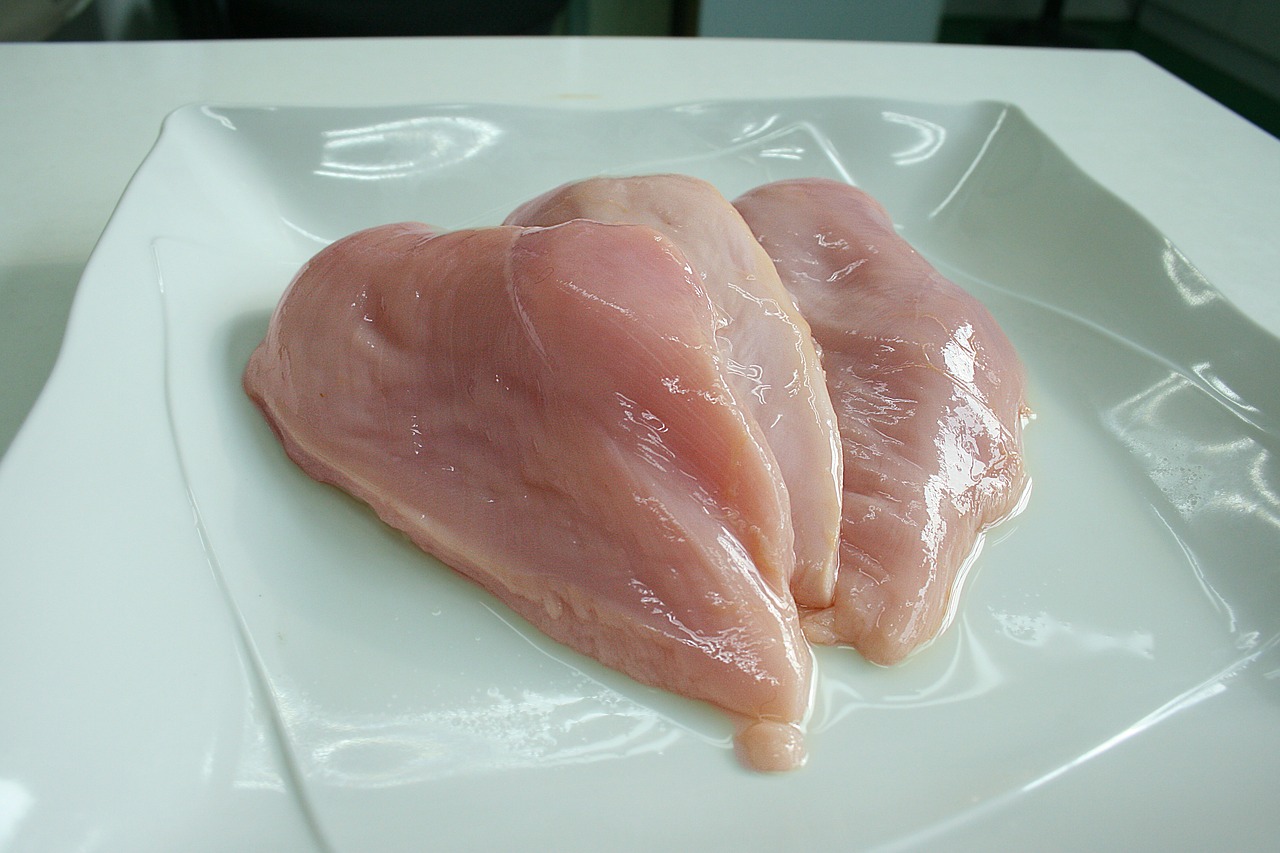
When you go to Whole Foods, something you may expect is a higher quality in your food compared to other grocery stores. We typically associate price with quality, and Whole Foods has gotten the infamous nickname “Whole Paycheck” for a reason.
That’s definitely something that the grocery chain has prided itself on, especially for chicken. Whole Foods has marketed its chicken as hormone-free, antibiotic-free, and cage-free. This is something that they’ve used in attempts to separate itself from “big poultry,” including suppliers like Perdue, that give grocery-store chicken a bad rap. Shockingly, however, it turns out that Whole Foods is in fact at least partially supplying from the same guys as everybody else.
An investigation by Bloomberg revealed that Whole Foods gets at least some of its poultry from chicken-producing giant Perdue, and sells it under its 365 label at a price slightly more than that of a typical grocery store. Whole chickens at Whole Foods, for example, fetch for $4.09 a pound whereas other supermarkets sold theirs for $1.99. Air-chilled, hormone-free chicken thighs sold for 50 cents more per pound at Whole Foods than at a run-of-the-mill grocer, even though they both came from the same Perdue processing facility. Whole Foods has attributed this to the fact that chickens come from different farms.
This continues on with other meat at Whole Foods as well. What’s more, their Open Prairie Natural Angus Beef is actually produced by Tyson, and Meyer Natural Angus brand, which sells its meat to Whole Foods, uses a processing facility owned by Cargill. You can also find the same brands at Target, which is completely surprising.
This doesn’t mean that Whole Foods is necessarily reverting to sub-standard production practices, however. Producers still have to meet extensive requirements if they want their meat in Whole Foods, including the usage of no antibiotics or hormones and certain animal welfare requirements. Many large producers, including Perdue, have taken major steps to fully shift over to these requirements, meaning that the same quality of meat you can get at Whole Foods can now be found at its competitors for a lower price.
Whole Foods, however, is still able to retain customers because of its brand image of loyalty and trust that it provides a better chicken than everybody else. We’ll have to see if that reputation gets damaged as a result of Bloomberg’s findings.

